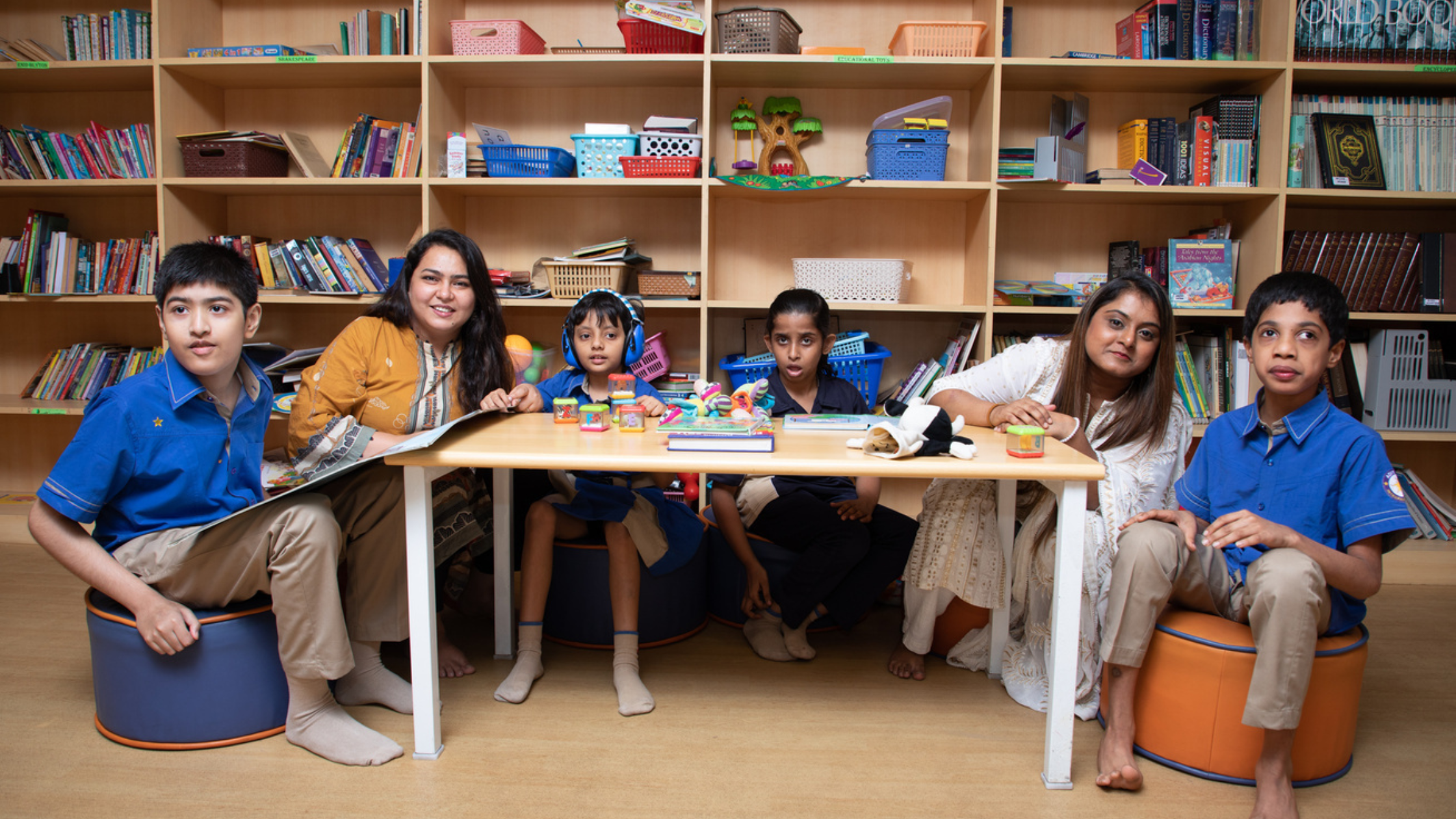

Inclusive education is not merely
about providing access to education; it's about creating an environment where
every student feels valued, supported, and empowered to thrive. For special
education students and their families, a strong community plays a vital role in
ensuring their success and well-being.
In this article, we'll explore the importance of building a supportive and inclusive community for special education students and families, highlighting the role of special schools, community resources, and the significance of inclusive education.
Special schools serve as essential pillars in the journey of special education students. These institutions are equipped with specialized resources, trained staff, and tailored curricula designed to meet the diverse needs of students with disabilities. By offering individualized support and creating inclusive learning environments, special schools play a crucial role in fostering the academic, social, and emotional development of special education students.
Accessibility to special schools
is paramount for families seeking specialized education for their children.
Knowing the options available and their proximity can significantly impact the
decision-making process. With the increasing recognition of the importance of
inclusive education, many communities are investing in establishing special
schools or integrating special education programs within existing schools,
thereby enhancing accessibility and promoting inclusion at the local level.
Inclusive
education goes beyond mere integration; it embodies a philosophy that celebrates
diversity and promotes equal opportunities for all students, regardless of
their abilities or differences. In an inclusive classroom, special education
students are valued members of the community, where their unique strengths are
recognized, and their challenges are addressed through personalized support and
accommodations. By embracing inclusive practices, schools not only create a
welcoming environment but also prepare students for a more inclusive society.
Communities play a vital role in
supporting inclusive education initiatives by providing a wide array of
resources and services. Local organizations, advocacy groups, and support
networks offer valuable assistance to special education students and their families,
ranging from educational workshops and counseling services to recreational
activities and peer support groups. By fostering collaboration between schools,
families, and community stakeholders, these resources contribute to the
holistic development and well-being of special education students.
Community involvement is essential in creating a culture of acceptance and empathy towards individuals with disabilities. Through awareness campaigns, volunteer opportunities, and inclusive events, communities can promote understanding, break down stereotypes, and foster positive attitudes towards special education students. By actively engaging with the community, schools can strengthen partnerships, build support networks, and create inclusive environments where every student feels valued and respected.
Inclusive education is not just a
moral imperative; it's also a strategic investment in the future. By ensuring
that all students have access to quality education and support services,
inclusive education promotes equity, diversity, and social cohesion. Moreover,
research has shown that inclusive environments benefit all students, fostering
empathy, collaboration, and critical thinking skills. By embracing inclusive
practices, schools can create enriching learning experiences that empower
students to reach their full potential and contribute meaningfully to society.
While inclusive education aims to
create supportive environments within mainstream schools, integrated education
emphasizes the inclusion of special education students in regular classrooms.
Both approaches share a common goal of promoting inclusivity and providing
individualized support to students with disabilities. By adopting a flexible
and student-centered approach, schools can tailor their practices to meet the
diverse needs of all learners, fostering an environment where every student
feels valued and included.
Building a supportive and inclusive community for special education students and families is not only a moral imperative but also a fundamental human right. By fostering collaboration, embracing diversity, and promoting equity, communities can create inclusive environments where every individual has the opportunity to thrive and succeed. Through collective efforts and a shared commitment to inclusion, we can create a more just, compassionate, and inclusive society for future generations.